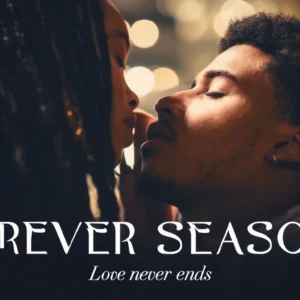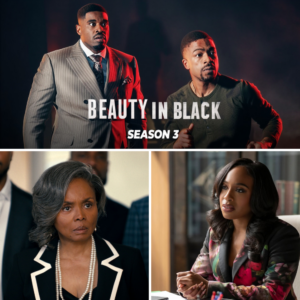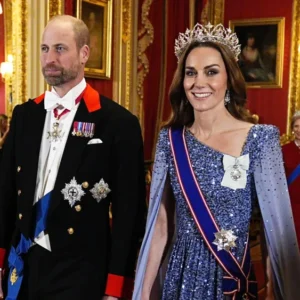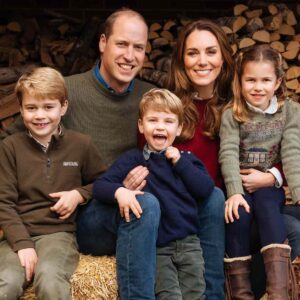Here, in the quiet between ambushes — both undead or otherwise — ‘The Walking Dead’ veterans seem destined to wrestle with unspoken histories, haunted less by the horrors of the apocalypse than by what they have had to bury to get this far

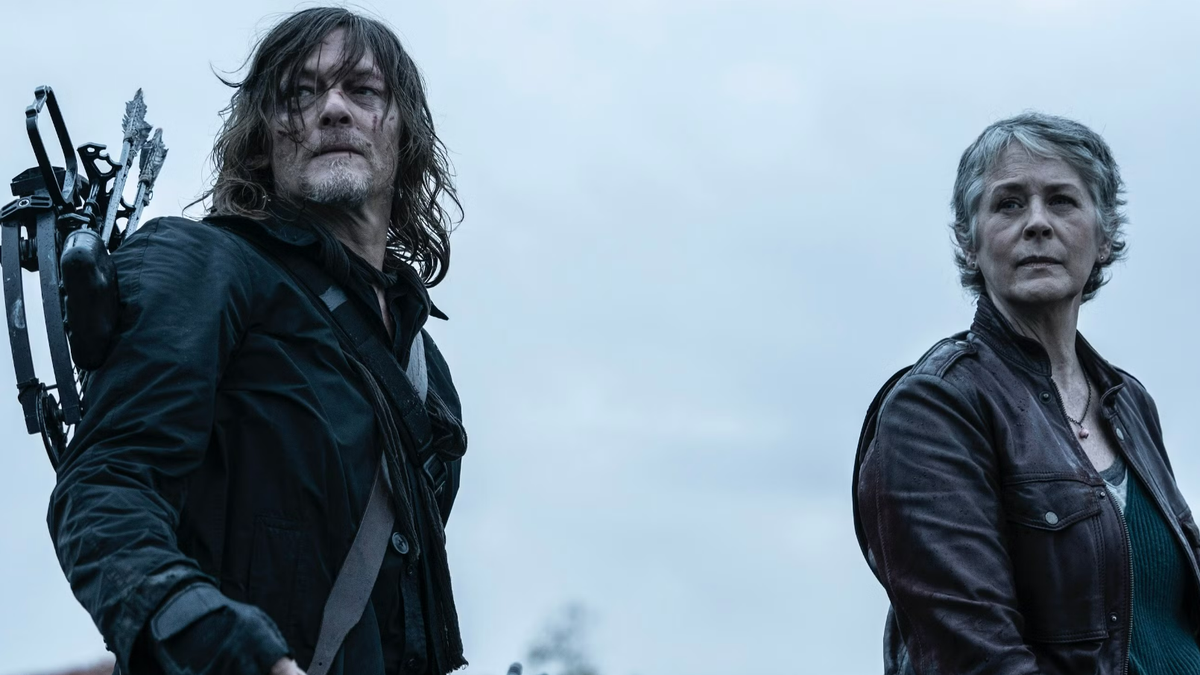

Norman Reedus and Melissa Mcbride in a still from ‘The Walking Dead: Daryl Dixon’ Season 2 | Photo Credit: AMC
When The Walking Dead first lurched onto screens in 2010, few would have wagered on a scrappy, crossbow-slinging loner and a battered, grieving mother to emerge as the show’s enduring emotional backbone. Yet, over a decade of unrelenting apocalypse, Daryl Dixon and Carol Peletier — brought to life by Norman Reedus and Melissa McBride — have come to embody resilience in its most understated form. These two have weathered wave after wave of undead nightmares, outlasted countless apocalyptic threats, and, most impressively, forged an unbreakable, quiet connection in the midst of it all.
As the series stretched far beyond its original premise, their friendship became its beating heart, enduring even as many of the original cast members and showrunners shuffled off. And now, as we step into the second season of The Walking Dead: Daryl Dixon — the spinoff that launched Reedus’ lone-wolf survivalist into a fractured France — fans are in for the long-awaited reunion they have been craving. With McBride finally returning to her role as Carol, after a season’s hiatus, this second act looks to deliver more than just a familiar face; it is a revival of the show’s truest, quietest intimacy, still thriving amid the wreckage.
Titled The Book of Carol, this season brings back that delicate chemistry that kept viewers glued to their screens during the original series. But what exactly can audiences expect from their reunion in a world that is even more fractured than the one they left behind?
“I came here to look for Daryl. I have come a very long way,” Carol says in a teaser for the new season. The nostalgia-soaked line calls back to the countless times the two characters have thrown themselves in danger for the other. Yet, as Norman and Melissa pointed in an interview, this fresh chapter dives deeper than merely a fan-pleasing reunion.
“We never really got the opportunity to have certain story arcs come full circle,” Norman admits, the unmistakable rasp of his voice betraying his weary anticipation. “But now, it’s just the two of us, so there’s more room for it.” It’s a sentiment bound to resonate with fans who have long watched Daryl and Carol evolve from the damaged misfits they once were into reserved, battle-hardened survivors.
Melissa, whose portrayal of Carol’s grief-stricken, steely determination has become iconic in its own right, chimed in: “There are aspects of these characters we’re going to explore more deeply, things that were maybe just hinted at before.” For Melissa, the appeal of the new series lies not just in revisiting familiar territory but in the unspoken bond that has always defined the relationship between the two characters. “They’ve [Daryl and Carol] always had this quiet understanding,” she said. “That’s what I love about them. It’s not always in the words — they just get each other.”
It’s this quiet, understated connection that’s kept fans hooked through the years, even as the undead themselves became almost an afterthought. Sure, AMC’s smash-hit post-apocalypse is perpetually under siege by walkers, but the real stakes have always rested with the characters — those bruised and battered souls clinging to one another as fiercely as they cling to survival. Daryl Dixon, however, strips it all down to something more raw, more personal. Set against the picturesque desolation of the French countryside, far from the chaos of The Walking Dead, the new spinoff offers Norman and Melissa the rare chance to zero in on the very same unspoken history — a history brimming with wordless glances, silent understandings, and a loyalty that neither time nor terror could shake.
“We’ve had time to really unpack a lot of those bottled-up emotions,” Norman said, reflecting on how the series has shifted its focus. “A lot of those emotions are what drive our decisions as characters, and you’ll start to see that coming full circle.” The journey through hordes of French undead is no mere jaunt through scenic decay — Daryl and Carol are lugging years of emotional baggage right along with their crossbows. Now, removed from the sprawling ensemble that once provided a buffer, they’re compelled to face their trauma head-on, as though France itself demands a reckoning with their past.
In the first season of Daryl Dixon, our gruff titular hero found himself grappling not just with a foreign landscape but with new allies and enemies, the kind that sneer and backstab in fine French style. But with Carol’s return this season, those external battles are poised to reflect the internal ones in a way that only these two coarsened survivors can deliver — less sentimental, more scars over stories. “Bouncing off of other people, especially in a new environment, forces you to reimagine your place in the world,” Melissa observed. “Daryl had to do that in season one, and now it’s Carol’s turn.”
What makes Daryl and Carol’s reunion so irresistibly compelling is the way it’s framed against a backdrop of gnawing uncertainty. Can the shared history between these two survivors really see them through a world that seems bent on devouring them whole? Or will the relentless pressure to survive drive a wedge between them yet again? These questions will surely fuel the series, yet both Norman and Melissa remain stubbornly optimistic about their characters’ resilience.
“There’s a purity of spirit between the two of them,” Norman said. “It’s not just luck that’s kept them alive. There’s a willingness to keep going, to fight for each other. Even when one has no optimism left, the other fills in the gaps.”
This dynamic — the way they prop each other up when all hope seems lost — has always been at the core of their relationship. It’s the introspective moments and the tempestuous ones alike that reveal a connection rooted in something beyond survival. It’s faith, yes, but not in the decaying world around them; it’s faith in each other.
As the second season of Daryl Dixon premieres, fans will undoubtedly be on high alert for those subtleties. For Norman and Melissa, it’s a chance to finally tell the stories they’ve been wanting to tell, and for all of us watching, it’s a long-awaited homecoming that’ll bring up world’s of pain, but stay hopeful nonetheless.
“I hope these characters never give up,” Melissa says. Neither, it seems, do the fans who have been following them through every turn of the apocalypse. And as Norman wryly puts it: “We’ve come too far to stop now.”
In conversation with the cast of ‘Daryl Dixon’
The Pouvoir du Vivant is filled with symbols and motifs that allude to Nazi Germany. Do you view Madam Genet’s character as inherently fascist, or more of a necessary evil to combat the Union de l’Espoir? Also, did the opening sequence from ‘Inglourious Basterds’ serve as inspiration for the scene with the old French couple and the truffle eggs?
Anne Charrier: I wouldn’t say Genet is inherently fascist, nor can I speak directly to what David, the showrunner, intended. Personally, I drew inspiration from tyrants throughout history, not just from one era. The Second World War holds particular significance in France, so that influence might be more visible, but Genet also reflects traits of various tyrants worldwide. As for ‘Inglourious Basterds’, it’s interesting you mention it. While it may have inspired the writers, I didn’t consider it myself, though I love that scene. Christoph Waltz delivers one of cinema’s best villains, and I’d be honored if people made that comparison.
Fallou seems very battle-hardened and experienced. When he says the boy is the future, does that come from a religious perspective, or is it more about the boy’s innocence being a symbol for the future of humanity?
Eriq Ebouaney: He is undoubtedly religious, but his true driving force is his faith in humanity. He believes the boy has the power to change the world and hopes for a future where people unite in love and peace. Convinced that the boy holds the key to this peace, he fiercely protects both him and Daryl.
Daryl and Laurent’s relationship reminded me of Joel and Ellie from ‘The Last of Us’. Did you ever draw inspiration from stories like ‘The Last of Us’ or similar narratives?
Louis Puech Scigliuzzi: I haven’t watched ‘The Last of Us’, but I’ve heard great things. I know there’s a girl in it, like Laurent, who’s seen as a kind of “messiah” or cure, so I can see the similarity. I didn’t really draw inspiration from other zombie shows except ‘The Walking Dead’. Laurent, meanwhile, carries the heavy burden of being a savior, but he also just wants to be a normal kid. It’s a duality — he understands he might be destined to save the world, yet he longs for an ordinary life while still helping those around him.
‘The Walking Dead: Daryl Dixon’ is available to stream on Prime Video
